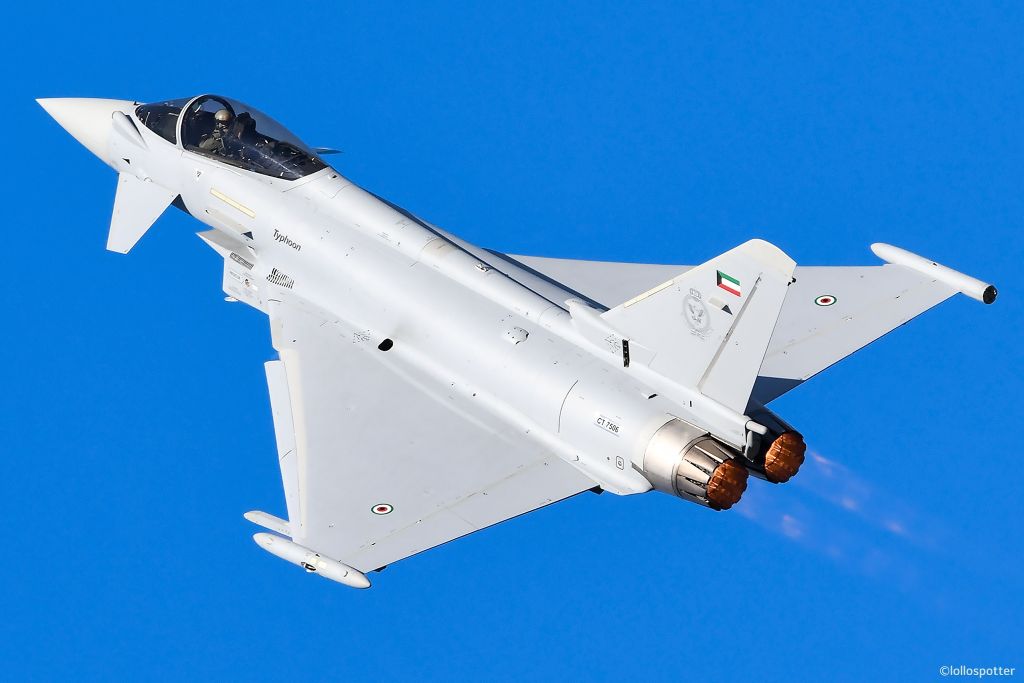U.S. Approval of Substantial Arms Sale to Israel Amidst Regional Tensions
The United States government has signaled its intention to proceed with an arms package valued at nearly $6 billion for Israel, reinforcing its longstanding defense partnership. This move occurs as Israel confronts intensified scrutiny and isolation amid ongoing military operations in Gaza.
Details of the Arms Package
The proposed arms sales comprise significant assets aimed at enhancing Israel’s military capabilities:
-
Helicopters: A notable portion of the package includes $3.8 billion dedicated to the procurement of 30 AH-64 Apache helicopters, effectively doubling the current inventory of this advanced attack aircraft.
-
Infantry Equipment: An additional $1.9 billion will fund the acquisition of 3,200 infantry assault vehicles designed for enhanced ground operations by the Israeli armed forces.
It is important to note that these military supplies are not expected to be delivered for two to three years, indicating a long-term strategy in defense planning.
Congressional Review Process
This arms sale proposal has been submitted to Congress for consideration. Typically, the legislative body conducts informal evaluations at the committee level before returning the requests to the State Department for more formal approval. The full details of the deal have not been publicly disclosed but have been corroborated by multiple officials familiar with the negotiations.
Context of Regional Relations
The announcement comes at a time when U.S. support for Israel is particularly critical, given the perceived increase in diplomatic isolation. In stark contrast, the United Kingdom recently instituted a suspension on certain arms exports to Israel over concerns regarding compliance with international humanitarian law. The U.K. also excluded Israeli officials from attending significant arms exhibitions, marking a notable shift in Western attitudes towards Israel’s military engagements.
Broader Military Aid Landscape
The Trump administration has previously committed around $12 billion in direct military assistance to Israel within the current fiscal year. This includes a recent $500 million arms deal aimed at supplying precision bomb guidance kits. Furthermore, the administration’s actions reflect a broader commitment to bolstering Israeli defense mechanisms amid ongoing geopolitical instability.
Diplomatic Engagements
In parallel to military discussions, President Trump is scheduled to meet with Turkish President Recep Tayyip Erdogan in Washington, where topics will include potential purchases of Boeing aircraft and discussions focused on a deal regarding F-16 fighter jets. This demonstrates the intricate web of international defense relationships underpinning U.S. military support.
As the Trump administration approaches the closing phases of its 10-year military assistance agreement with Israel, the implications of these arms sales—and their timing—will likely have a lasting impact on the strategic landscape in the region.
This arms package and its review highlight the complexities of U.S.-Israel relations and the varying positions of allied nations on military exports amidst humanitarian concerns. It remains to be seen how these developments will affect regional stability and the ongoing dialogue surrounding international military ethics.




